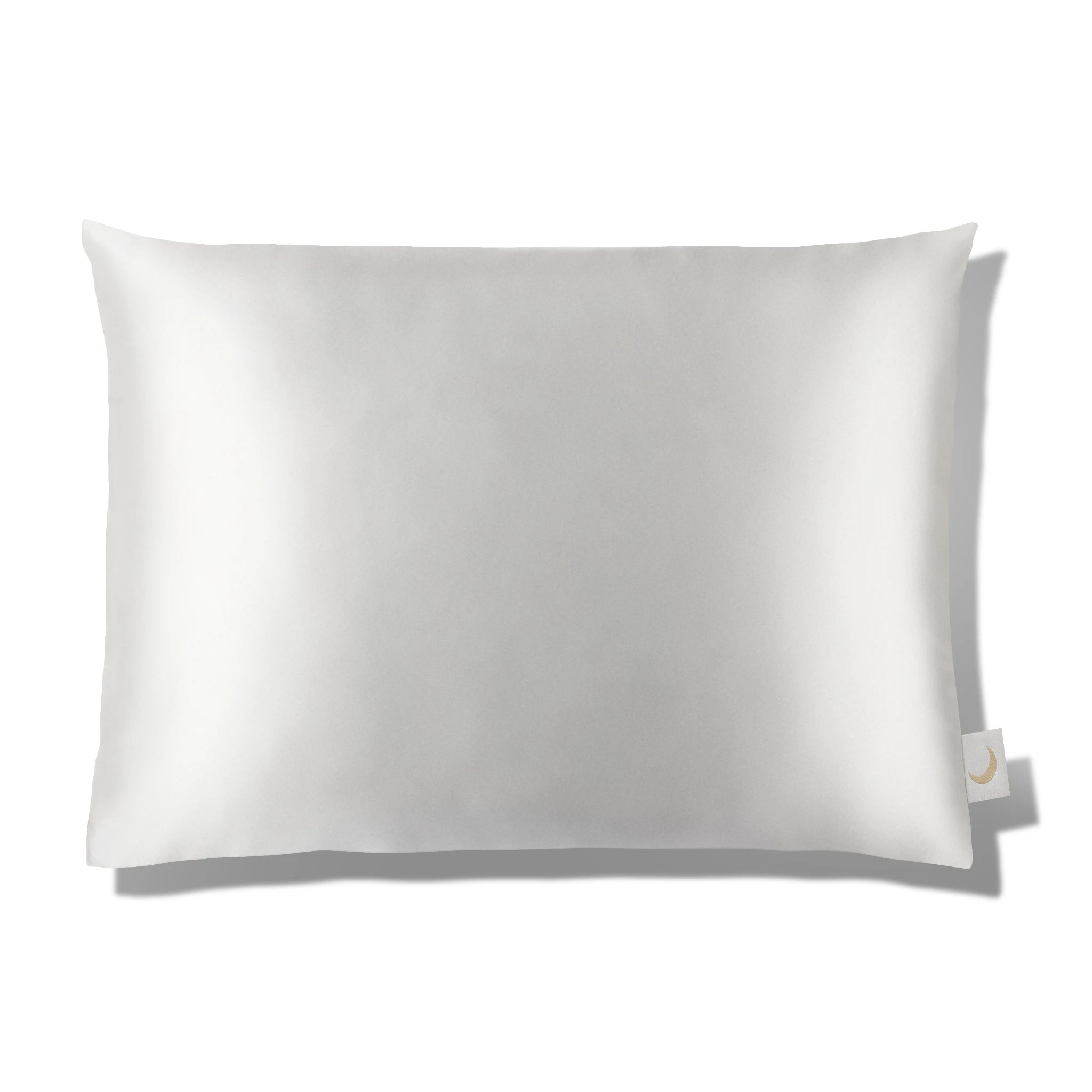Bedrooms should serve as sanctuaries for rest, relaxation and love. Feng Shui, the ancient Chinese art of creating harmony and balance in our surroundings, helps us to enhance positive energy, or chi. By applying Feng Shui principles in the bedroom, we can promote restful sleep and well-being. Here's a guide to using Feng Shui to fill our bedrooms with positive energy.
1. Ideal Bed Placement
The position of the bed is very important in Feng Shui. Ideally, we should place the bed in a "command position," where we can see the door without being directly in line with it. This arrangement provides a sense of security and control, which helps us to relax more deeply. Avoid placing the bed directly under a window or in line with the door, as these positions can make us feel exposed or insecure. Placing the bed against a solid wall gives us a sense of support and grounding.
2. Headboard for Stability
A solid headboard symbolizes stability and support, especially in relationships. Upholstered or wooden headboards provide a solid, unified feel that promotes unity. Headboards with bars or gaps should be avoided as they can disrupt the flow of energy. When we attach the headboard to the bed, we create a single, unified piece that represents stability.
3. Balanced Bedside
Creating symmetry around the bed promotes balance and harmony, which is especially important for relationships. Matching nightstands, lamps, or décor on each side of the bed provides visual balance and harmonious energy.
4. Natural Materials
Natural elements such as fiber, stone and wood can have a calming, restorative effect, creating a peaceful and harmonious environment. However, water features (such as fountains or pictures of boats on water) should be avoided as they disrupt bedroom Feng Shui. Investing in quality bedding, including a supportive mattress, pillows, and soft sheets, helps us sleep well.
Linen, cotton, silk, wool, and bamboo are ideal fabrics, while synthetics, which can trap stagnant energy, are best avoided.
5. Limited Technology
Electronics such as televisions, computers, and cell phones emit electromagnetic fields that can disrupt our sleep and relaxation. Minimizing technology in the bedroom is a Feng Shui principle that helps us create a tech-free environment for restful sleep. Switching to an analog alarm clock reduces blue light exposure and keeps our sleep environment free of technology.
6. Soothing Colors
In Feng Shui, colors affect the energy of a room. Soft, neutral tones such as beige, cream, light blue, green, and blush pink are ideal for bedrooms because they create a sense of calm and relaxation. Earthy or pastel tones help us feel nurtured and restored. Bright, stimulating colors such as red, yellow, or bright orange and patterns can be too stimulating and are best avoided.
7. Free Energy Flow
Keeping clear paths around the bed and furniture allows energy to flow freely throughout the room. By keeping clutter at bay and staying organized, we create a calmer, more open space. Avoid storing items under the bed, especially those with strong emotional attachments, as they can disrupt sleep. Keeping the space above the bed free of shelves or heavy objects helps create a sense of spaciousness and reduces feelings of heaviness.
8. Careful Mirror Placement
Mirrors reflect energy, which can disrupt the calming atmosphere of the bedroom. Placing mirrors where they don't reflect the bed helps us maintain restful energy. Placing a mirror on a side wall is ideal as it can add spaciousness without disturbing sleep.
9. Maximized Air Quality
Fresh, clean air is essential to our health and well-being. Good air quality supports energy flow and helps us maintain a healthy, balanced space. Adding air-purifying plants improves air quality, although too many plants should be avoided as they can introduce stimulating Yang energy.
Some great bedroom plants are
10. Declutter
Clutter is a big Feng Shui no-no, as it blocks energy flow and creates mental stress. Regularly cleaning out the bedroom helps keep it calm and organized. Removing items that aren't used or aren't related to relaxation, such as paperwork or exercise equipment, creates a more peaceful atmosphere. Storing items in closed cabinets or drawers minimizes visual distractions and keeps us focused on rest.
By using just a few of these feng shui tips, we can transform our bedrooms into spaces that promote wellness and rejuvenation. Feng Shui encourages adaptability, so we can adapt these tips to fit our personal style and needs. By embracing these principles, we can create a balanced, peaceful bedroom filled with positive energy.
Read on about insomnia and why we sometimes just can't sleep. We sleep a third of our lives and we believe that good habits create a good life and that the way we do anything is the way we create everything.



















